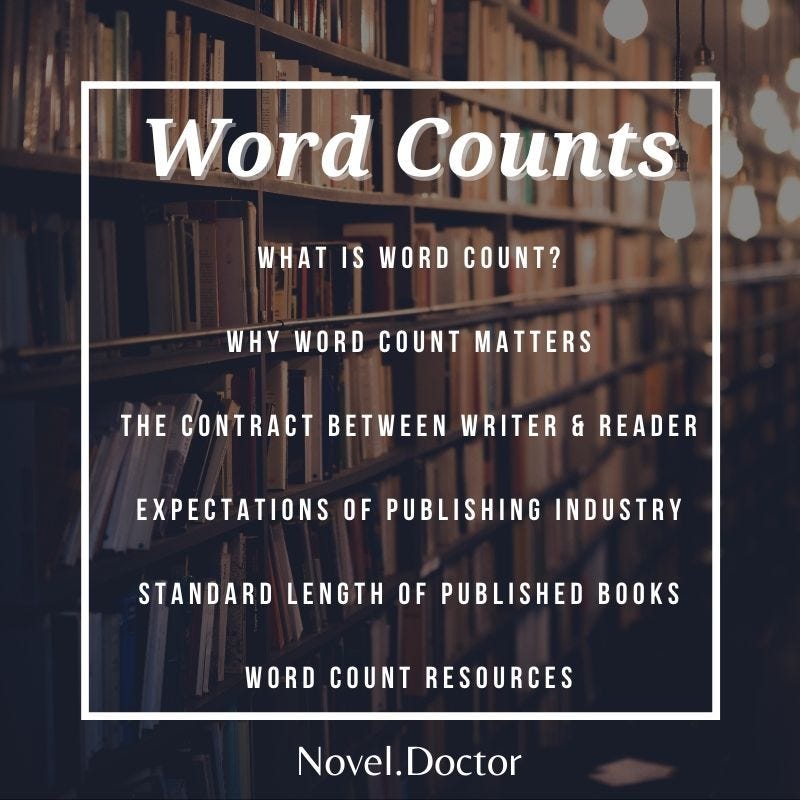Years ago, I read about an archive of Mark Twain unpublished drafts and manuscripts that had been found in a moldering library by a group of scholars. They were ecstatic at their discovery and they dove into the archives to discover how Twain wrote his masterpieces. Most of the work found here were deservedly unpublished drafts. But there were some diamonds in the sand. Some of the (unknown!) stories found in this archive were subsequently published in contemporary magazines like The Atlantic and Harper’s. Even a new children’s story was published.
However, one thing mystified scholarly researchers. They kept running across little columns of numbers — like this: 1245, 756, 899 = 2900. They couldn’t figure out why the columns of numbers were interpolated with the prose. What was Mark Twain doing? Was he doing his budget? Planning his grocery expenditures? What?
Finally, they brought in a working novelist for a consultation. The novelist took one look at the manuscript pages and told them that Mark Twain was counting words. Twain’s daily word count was listed every few pages. No doubt he set a daily word count goal and then measured his progress as he strove towards his goal.
Novelists measure their progress word by word. This is how you too can measure your progress and chart your success.
But there’s one key gap in knowledge for many beginning writers. How many words go into a book?
Stories have waxed and waned in length. In the 1800s, Anthony Trollope was famous for writing many hundreds of thousands of words in his books. Other writers — like Lord Byron — established their fame by telling stories in poems of under 10,000 words!
In the years between, writers made their reputation with works of variable length. The Lord of the Rings by J.R.R. Tolkien was originally one book with 576,459 words. Ernest Hemingway wrote The Old Man and the Sea as a short 27,000 word book.
Yet today, in our current publishing market, particular genres of book are constrained to specific word-count lengths. A children’s book, for example, would never go above 100,000 words, except in unique circumstances. An adult novel would not be under 40,000 words, while nonfiction business books typically are in between those two counts.
Why word count matters today
Books have a very long history in human civilization. Apparently, we’ve been writing books for nearly 5,000 years. The novel was first conceived in Greek antiquity; novels were written and read in Roman times! We love to write and read books.
If you have a brilliant idea, you probably know that you could write about this story for decades. You could write a trilogy — even a decalogy! You could go on for hundreds of thousands of words.
However, if you want anyone else to read your story, it’s important to keep in mind the idea of a contract with your reader.
Readers pick up a book with a specific idea about that book. For example, when a 12-year-old picks up a story that they are interested in, they expect to finish that book in about a week. That means they expect the book to be between 20,000 and 50,000 words. This is a kind of inherent contract: the reader expects one thing, and you as the writer deliver that experience.
The same is true of other genres. When a businesswoman in the airport picks up a romantic thriller to read on the plane, she expects an escapist story that will take her out of her constrained travel arrangements for the next six hours or so. The romantic thriller will include some pulse-pounding action, character development (and an exciting romantic connection). And yet, she’ll be able to finish the book fairly quickly. So the thriller should be between about 75,000 and 90,000 words. This again is an inherent contract between reader and writer.
To be clear, there are exceptions to every rule. Stephen King and J.K. Rowling get these exceptions — because they’ve made millions of dollars for publishers. Yet their inherent contract with readers is different than yours. Readers have enjoyed their work for decades, so readers extend them much more trust. You, as a beginning writer, need to prove yourself to readers. And part of proving yourself is delivering a good story in a particular word count.
Finally, as we discuss the average word count for particular genres, let’s think for a moment about Mark Twain’s experience of a daily word count. He set a goal, and he strove to accomplish that goal. He knew approximately how many words he had to write to complete his book.
In the same manner, your knowledge of your genre’s word count can be a forcing function to help you make progress toward your goal. You can chart your writing progress as you sail closer to your destination and plot your way across the sea of words to safe harbor.
Read the complete post for an outline of the basic word count length for fifteen genres of writing. >>




